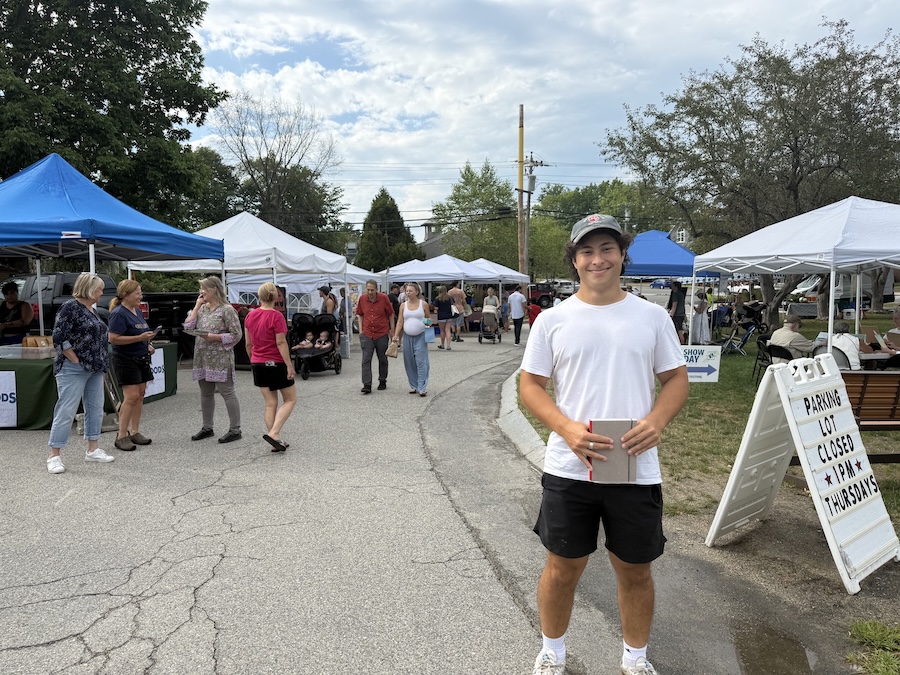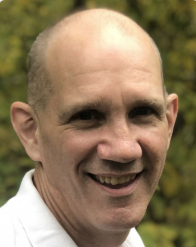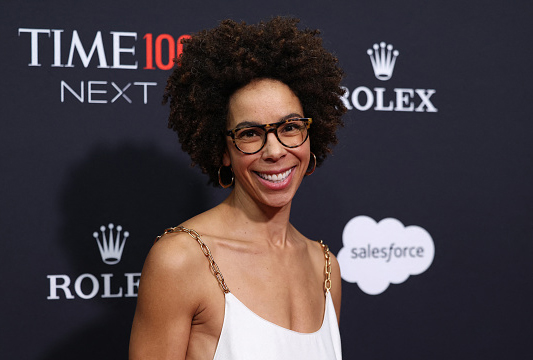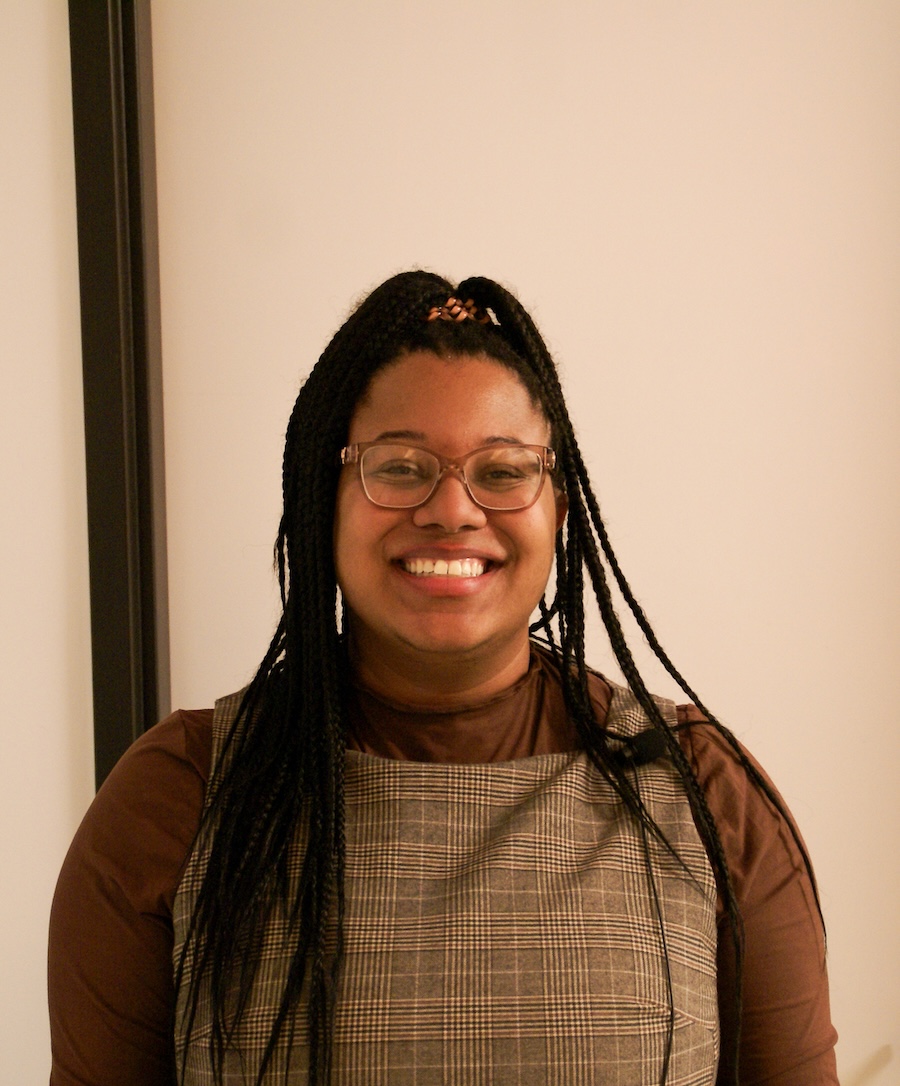Recap, Respond, and Reflect: Bowdoin to Host Major Environmental Symposium
By Chris Zhang ’25
More than a dozen alumni from around the world will reunite at Bowdoin April 13–14 to share their experiences working as activists, scholars, writers, planners, and public servants on issues such as climate change and sustainability, urban design, and environmental communication.
According to Connie Chiang, director of the Environmental Studies Program and professor of history and environmental studies, the symposium will illuminate important topics and questions in the environmental disicpline. At the same time, the alumni speakers will demonstrate the wide range of environmental careers and inherent interdisciplinary approach of this area of study.
“We encourage environmental studies students to think across and beyond disciplines, which is critical for addressing complex environmental problems,” Chiang said.
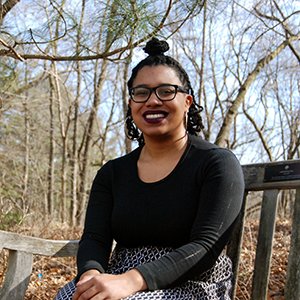
Keynote by Teona Williams ’12
Teona Williams will kick off the symposium with a talk on April 13 at 7:30 p.m. called “‘We’re Gonna Be Okay Now’: Lessons Learned from a Bowdoin Environmental Studies Alumna.”
Currently the Department of Geography's Presidential Postdoctoral Fellow at Rutgers University, Williams graduated from Bowdoin with an environmental studies-history coordinate major and Africana studies minor. Her array of interests guided her way through two graduate schools. She earned a PhD from Yale in the Departments of African American Studies and History and a master’s degree in environmental justice at the University of Michigan, Ann Arbor.
In her talk, Williams will share her journey from her home in the Anacostia neighborhood in southeastern DC, through her four years in Brunswick, Maine, to her environmental activism in Flint, Michigan, and Jackson, Mississippi. Along the way, she will also touch on how her liberal arts education has supported her research, activism, and teaching.
Alumni Panels
The symposium resumes the next day, April 14, with three panels, each focusing on a different aspect of the environmental field: sustainability, design, and storytelling. According to Chiang, these discussions reflect the program’s interdisciplinary curriculum and mission.
“Climate change and sustainability speaks to one of our greatest challenges and potential avenues for hope. Urban design and planning emphasize how to build nature-friendly cities that are equitable and resilient. And storytelling reminds us that changing minds and policies requires skilled narrators and compelling narratives that illuminate diverse voices and perspectives,” Chiang said.

Environmental Storytelling
Moderated by Eileen Sylvan Johnson, senior lecturer of environmental studies, and Paul Wang ’24, the panel will feature alumni who are engaging with environmental storytelling in different roles.
Erica Berry ’14 is a writer based in Portland, Oregon, whose recently published book, Wolfish: Wolf, Self, and the Stories We Tell About Fear, had its origins as her honors project. She is the author of the recent Bowdoin Magazine piece, Under Orion. Emily Guerin ’09 is a podcast host for LAist 89.3, the NPR member station in Los Angeles. Nat Herz ’09 is a reporter based in Anchorage, Alaska, who has written a four-part series on the Alaskan Claims Act and the industries of mining, kelp production, and forest management. And Corbin Hiar ’05 is a reporter for E&E News. They will discuss how they incorporate different voices, evidence, and experiences into their work.
"Each of the panelists has a very different way they are engaging in storytelling and employing different media," Johnson said. "Each has told stories of climate change in their work by reporting and examining habitat loss (Berry), geoengineering (Hiar), wildfires (Guerin), and impacts of climate change on Alaskan fisheries (Herz).
Climate Change and Sustainability
Moderated by Phil Camill, Rusack Professor of Environmental Studies and Earth and Oceanographic Science, and Sophie Burchell ’23, this event will spotlight alumni who will discuss their engagement with sustainability and climate change, share their successes and challenges over the years, and offer advice to students interested in these topics.
The panelists include Hannah Berman ’18, senior manager of sustainability and philanthropy at Aspen Skiing Company; Payton Deeks ’99, regional conservation advisor at USAID; Alison Flint ’05, senior legal director for The Wilderness Society, a national nonprofit dedicated to uniting people to protect America’s wild places; Greg Goldsmith ’05, assistant professor of biology at Chapman University; and Brooks Winner ’10, senior clean energy specialist at the Metropolitan Area Planning Council.
Environmental Design and Planning
Moderated by Jill Pearlman, senior lecturer of environmental studies, and Leif Maynard ’23, the panel will include alumni from diverse backgrounds in urban design. The speakers will focus on the issues of climate change, environmental justice, and equity.
The panelists include Dr. Sam Brody ’92, Regents professor and the George P. Mitchell ’40 Chair in Sustainable Coasts at Texas A&M University, Galveston Campus; Grace Cho ’05, a senior transportation planner at Metro, the metropolitan planning organization for the Portland, Oregon region; Adrienne Heflich ’05, an associate principal at Michael Van Valkenburgh Associates, a landscape design, construction, and restoration company in Brooklyn, NY; and Symone Howard ’15, environmental protection specialist at the US Department of Transportation's Volpe Center in Cambridge, Massachusetts.
“I think our alumni, no matter where their careers take them, reflect this expansive vision and a willingness (and desire) to collaborate with people from diverse backgrounds and areas of expertise.”
—Connie Chiang, professor of history and environmental studies
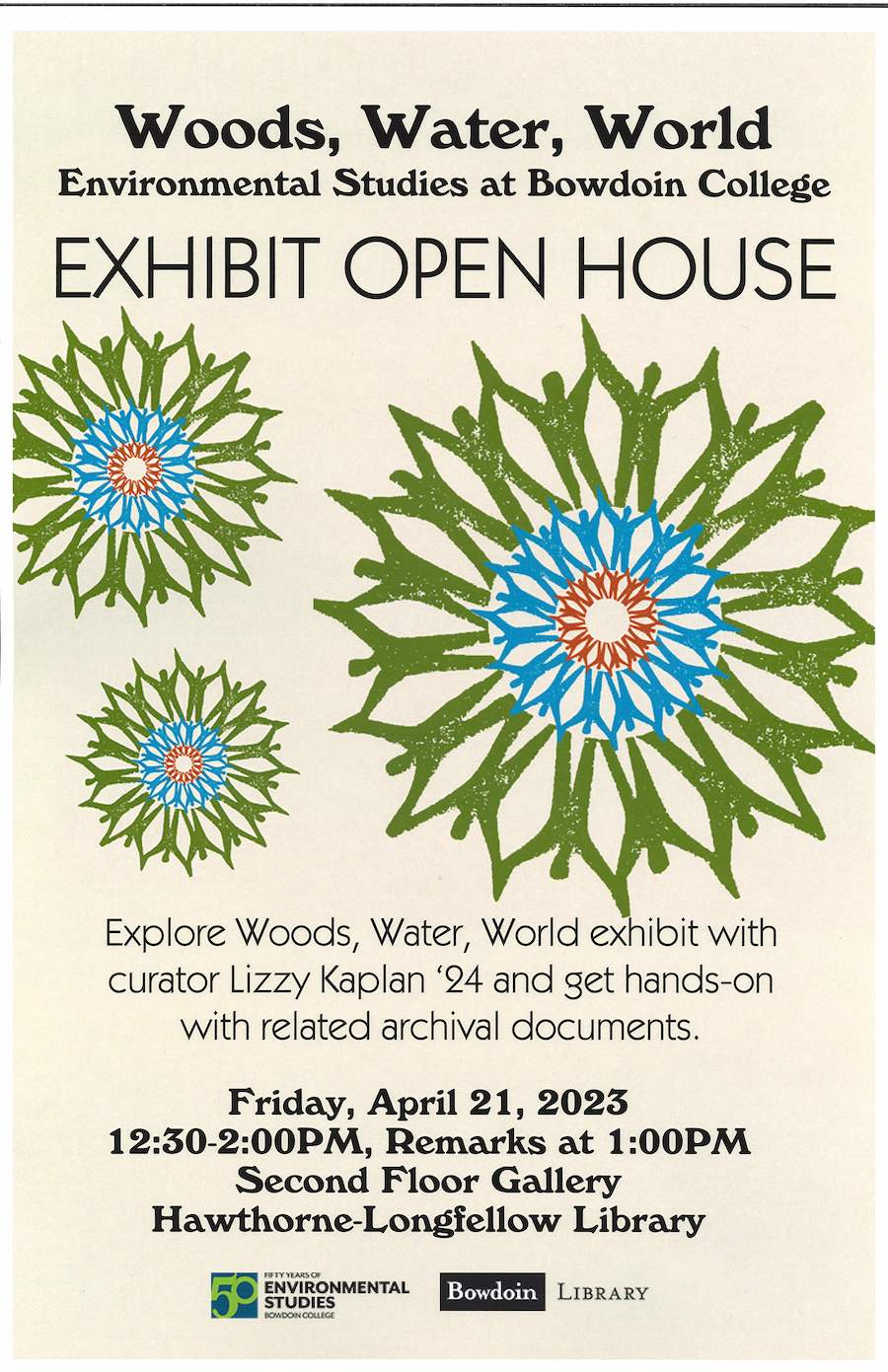
Student Exhibitions
Student curators of two exhibitions at Hawthorne-Longfellow Library and the Bowdoin College Museum of Art are joining the conversation of environmentalism by adding historical and artistic perspectives.
Woods, Water, World: Environmental Studies at Bowdoin College, created by Lizzy Kaplan ’23, includes documents, photographs, and maps from the George J. Mitchell Department of Special Collections & Archives.
Kaplan's show examines the fundamental roles of the natural world at the College and includes historical information about the Bowdoin Pines, the clean-up of the Androscoggin River, and the effort the Bowdoin community has put into studying, defending, and improving the natural world.
An open house of the exhibition will take place Friday, April 21, from 12:30 p.m. to 2:00 p.m., with opening remarks at 1:00 p.m. This exhibition will be on display through June 4, 2023.
At the same time, in the Becker Gallery at the Bowdoin College Museum of Art, five student curators have created a show looking at how artists reinforce, disrupt, and challenge the notion of the natural world.
Curated by John Auer ’23, Tess Davis ’24, Sophia Hirst ’24, Hayden Keene ’23, Brandon Lozano ’24, with mentorship from Associate Professor of History and Environmental Studies Matthew Klingle, Human Nature: Environmental Studies at 50 features artists such as Richard Misrach, Graciela Iturbide, and Alfredo Jaar.
The students come from diverse intellectual backgrounds—their majors are all coordinate environmental studies with art history, chemistry, economics, English, history, or gender, sexuality, and women’s studies. They culled artworks from the art museum, Special Collections & Archives, and the Peary-MacMillan Arctic Museum.
During the curating process, the student group primarily focused on the lack of diverse representations of the body in the visual-environmental canon and pursued an exploration of alternative ideas around labor, capitalism, and natural resources.
“Ultimately, as a group, we want people to take away that there is still room for improvement and more questions in the studies of the environment—and that humanity and nature are not as separate and apart as many might think they are,” Lozano ’24 said.
Previous Events
Earlier this year, two events recognized the fiftieth anniversary. The first installment in an annual Women in Climate series for The Nature Conservancy in Maine, called "Women in Climate: Community," spotlighted ways that female leaders are working at the intersection of community and climate change.
And The Bowdoin Naturalists, Environmental Studies Program, Office of Sustainability, and Center for Multicultural Life presented the series "Students of Color Share their Environmental Stories," organized by Kellie Navarro ’23.
